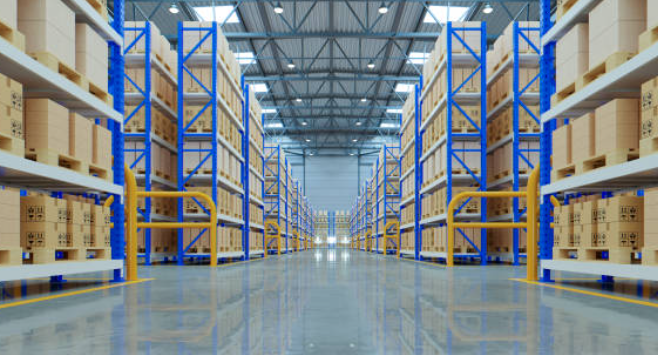As Italy continues to see growth in its industrial and logistics sectors, the demand for efficient, scalable, and cost-effective construction solutions has increased significantly. Roll forming machines are playing a vital role in meeting this demand by providing the ability to produce essential structural components required in the construction of warehouses, transportation hubs, factories, and other industrial facilities.
Key Contributions of Roll Forming to Industrial Growth:
- Customization and Flexibility
Roll forming machines offer a high degree of customization, which is particularly beneficial for Italy's diverse industrial needs. These machines can produce a variety of profiles used in construction, including beams, frames, channels, and roofing panels. For industrial and logistics facilities, this means the ability to design and manufacture specific structural components that meet load-bearing, durability, and functional requirements.
- Efficiency and Speed
In a sector where time is of the essence, roll forming machines excel due to their high-speed production capabilities. Italy’s expanding logistics networks and industrial hubs require quick, mass production of uniform components to keep pace with construction timelines. Roll forming can produce continuous lengths of material with minimal waste, enhancing overall production efficiency. This is especially valuable for the construction of large-scale warehouses and transportation hubs, where delays can lead to significant cost overruns.
- Durability and Strength
Roll formed components, such as steel frames, are known for their structural integrity and durability. Italy’s industrial facilities and logistics centers require strong, long-lasting materials to withstand heavy use, weather conditions, and seismic activity. Roll formed steel and aluminum profiles provide the necessary strength-to-weight ratio for these applications, ensuring that buildings remain stable and safe over time.
- Cost-Effective Production
One of the major advantages of roll forming is its ability to produce complex profiles in a single, continuous process. This reduces labor costs and material waste, translating to lower production costs for manufacturers and builders. In Italy’s growing logistics and industrial sectors, cost-effective production is essential to remain competitive while expanding infrastructure. By reducing the overall cost of structural components, roll forming helps to lower construction costs without compromising on quality.
- Sustainability
Italy has been making strides toward sustainable industrial development, with a growing emphasis on environmentally friendly building practices. Roll forming contributes to this by producing high-quality components with minimal waste and energy consumption. Many roll forming processes are compatible with recycled materials, supporting Italy’s push towards greener, more sustainable construction methods.
Applications of Roll Forming in Italy’s Industrial and Logistics Sector:
- Warehouses and Storage Facilities
Warehouses are key components of Italy's logistics sector. Roll forming machines are used to create a wide range of structural elements such as beams, columns, and roof panels that are essential for building large, high-capacity warehouses. The ability to produce long, uninterrupted profiles ensures efficient construction and reduces the need for additional joints and supports.
- Transportation Hubs
As Italy invests in expanding its transportation networks, the need for robust, durable facilities like rail terminals, ports, and airports is on the rise. Roll formed components are often used in the construction of large-span roofs, support structures, and even in transportation infrastructure itself, such as rail tracks and guardrails. These components offer the necessary strength and resilience for such high-traffic areas.
- Factories and Industrial Plants
Roll forming machines are also crucial for producing components used in factories and other manufacturing facilities. From structural frames to ventilation systems, roll formed parts are essential for building industrial plants that are capable of housing heavy machinery, advanced production lines, and other equipment necessary for Italy’s growing manufacturing sector.
Conclusion:
As Italy's industrial and logistics sectors continue to expand, roll forming machines provide the essential structural components required for the construction of modern, efficient, and durable facilities. Their role in producing high-quality, cost-effective materials ensures that Italy can meet its growing infrastructure needs while adhering to sustainability goals. The flexibility, speed, and efficiency of roll forming make it a crucial tool in shaping the future of Italy’s industrial landscape.




